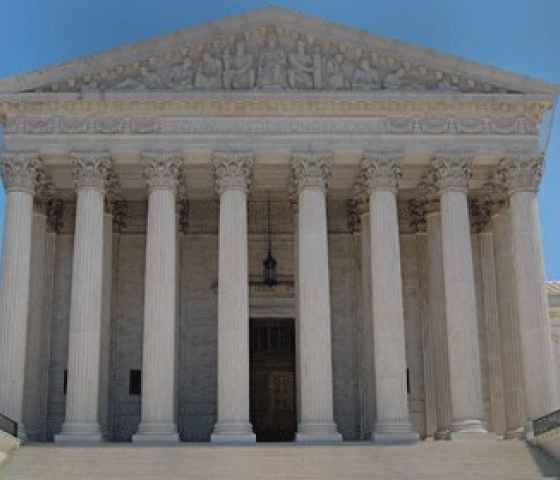The State of New Mexico is holding a public meeting Tuesday, June 29 @ 9am to discuss rules around cannabis producer licensing requirements. When state legislators passed a bill legalizing cannabis this past session, part of their intention was to create an inclusive, racially equitable cannabis industry that would invest revenue in the communities hit hardest by unjust drug law enforcement. To ensure that intent becomes reality, we must ensure that licensing requirements don't exclude people with prior felony convictions.
Millions of people in America live with an arrest or a criminal conviction as a result of the War on Drugs and racial discrimination in the criminal legal system. People with arrest and conviction records routinely face barriers when getting jobs, housing, and educational opportunities by federal, state, and local legal restrictions because of these records. Around the country, there are nearly 50,000 such legal restrictions.
We must ensure racial equity is at the forefront of decision-making process around Cannabis licensing. Please provide public comment to the proposed rules by:
- Visiting the website
- Emailing your public comment to [email protected]
- Signing up to participate in the public hearing on June 29, 2021 and presenting your public comment via video conference or via telephone
Talking points to use for your public comment:
- The cannabis industry should not exclude members of the community for having controlled substance convictions.
- The War on Drugs has been most harmful to Black and Brown communities. New Mexico’s cannabis regulation should include restorative practices and policies that allow for the communities most impacted by these unbalanced and outdated laws to benefit from emerging economic opportunities.
- A lack of stable employment increases the likelihood that an individual will return to jail or prison. Research has found that joblessness is the single most important predictor of recidivism. Creating legal and meaningful career opportunities for those who were formerly convicted or incarcerated ensures that New Mexico’s cannabis industry is just and equitable.
- Broad restraints weaken the legal market by forcing some to stay in the black market.
- Other measures, such as security requirements, marijuana tracking systems, and bookkeeping provisions deter unlawful behavior without using an applicant’s history to make assumptions
- If prison is meant to rehabilitate people, then rehabilitation and support must extend beyond the prison walls and into the re-entry process.
